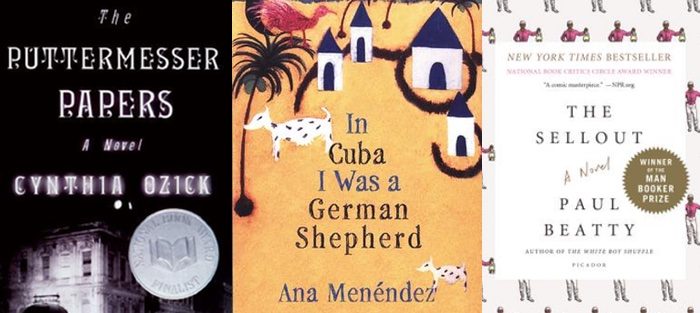“The Conditional Joke, a Tool for Fiction Writers” by Kate Kaplan (fiction ’18)


“The Conditional Joke, a Tool for Fiction Writers” by Kate Kaplan (fiction ’18), published by Fiction Writers Review.
The Conditional Joke, a Tool for Fiction Writers
Here’s a joke from the 4th or 5th century, CE: Shopping for windows, a Kymean asks if there are any that look south.
Here’s a joke I heard two years ago, at my MFA program: What’s the difference between a poet and a large pizza? A large pizza can feed a family.
These jokes are conditional jokes. That is, they’re jokes which work when listeners have the information necessary to get the point. They have something else in common: in both instances, the conditional information is supplied by the joke itself. I have no doubt that readers understood the jokes even if they came to this essay ignorant of the way the ancient world stereotyped Kymeans and unaware of the presumed impecuniousness of poets. Conditional jokes can educate, and that means that they can be used as exposition.
Done badly, exposition can interrupt a story with a lecture, change the narrative distance, or force characters into artificial behavior—reminiscing where reminiscence isn’t called for or telling people things they already know. Jokes avoid those pitfalls. They engage readers because they’re lively, short, and have unexpected endings. They don’t distort character behavior or change narrative distance, because all kinds of people—all kinds of characters—engage with jokes as tellers and listeners.
[… continue reading at Fiction Writers Review.]



